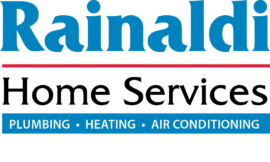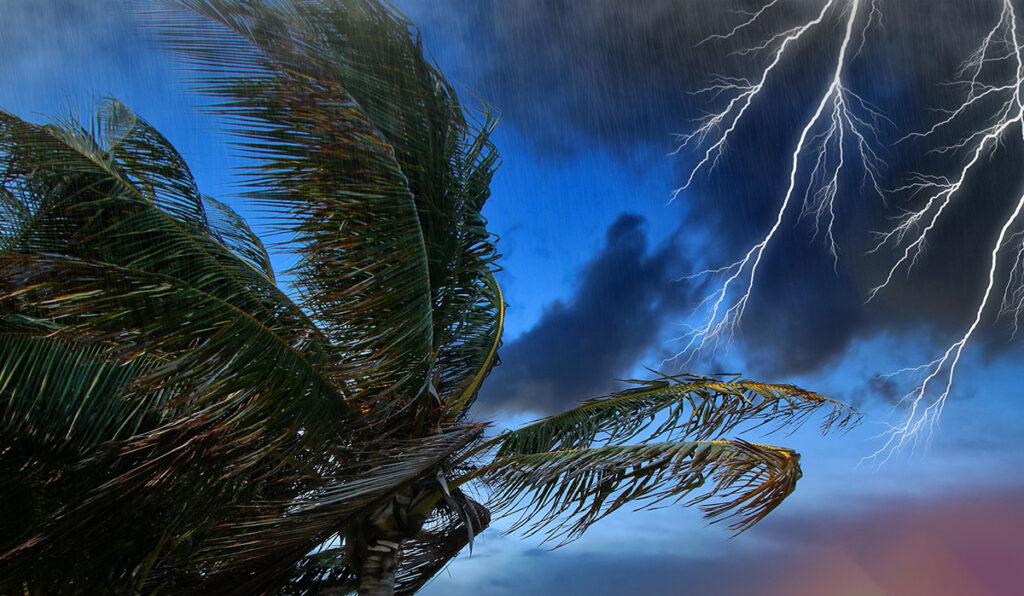In Florida, it’s hurricane season, and we need to batten down the hatches! According to forecasters at NOAA’s Climate Prediction Center, a division of the National Weather Service, 2020 is predicted to be an above-normal hurricane season in the Atlantic.1 Is anyone else not surprised since it is 2020, a year that’s already had many unpleasant surprises!
You can avoid the unexpected by being prepared. Here are some helpful tips to get your home ready for potential flooding and to keep you and your family safe after the fact.
- First, purchase sandbags at your local hardware store and use them to divert floodwater away from your home and property.
- Make sure your gutters are clean. Clean gutters allow water to move away from your home and can keep water from splashing back up against your roof and under your roof covering that could cause damage.
- Don’t forget to take outdoor furniture inside or make sure it is secured tightly to the ground. These items can get blown or pushed around, causing additional damage to your home.
- Raising your HVAC components is another important way you can minimize damages. You will need a licensed HVAC professional to raise the exterior pad or your interior heating and cooling equipment as they may need to update wiring, add new refrigerant tubing or other components that may need to be lifted. If you can’t relocate or raise your HVAC components, plan on arranging sandbags around them before the storm arrives. You can also wrap condensers in plastic sheeting to protect external condenser coils from debris and polluted water damage.
- Shut off the power to your HVAC system or shut off the circuit breakers that serve your HVAC system, when you know a storm is imminent. Power outages can occur during a storm or from the resulting flooding. If left powered, when a power surge occurs, it can damage fuses, wiring, and other components in your HVAC system.
- Other ways to protect your HVAC system is by sealing the exterior vents, shutting off all gas and propane lines, protecting fuel lines, and closing all interior vents. Also, seal the doors and windows in rooms containing your HVAC equipment. If your HVAC equipment is located in the garage, make sure the garage door is closed completely.
Floodwater is often a mixture of debris, dirt, and grime that can adhere to your condenser coil. A dirty coil greatly affects the efficiency level and can lead to premature system failure. Even a small amount of water flooding your HVAC system can potentially breach the refrigerant system and may require major repair or full replacement. We highly recommend that you do not start your HVAC system again before being inspected by a qualified HVAC technician. Your cooling (and heating) system may even need disinfection before you use it again, including drying, cleaning, and disinfecting toxic materials from your HVAC components.
Be prepared before bad weather hits by following these easy steps to keep your home, family, and HVAC system safe. At Rainaldi Home Services, we are here to help you and your family after the storm. We offer regular and emergency services to help you out in any situation. If you live in the Orlando area and you’re concerned about flooded or a potentially flooded HVAC system, give us a call at (407) 413-9795 or contact us online.
1 “Busy Atlantic Hurricane Season Predicted for 2020.” Busy Atlantic Hurricane Season Predicted for 2020 | National Oceanic and Atmospheric Administration, 21 May 2020, www.noaa.gov/media-release/busy-atlantic-hurricane-season-predicted-for-2020.

